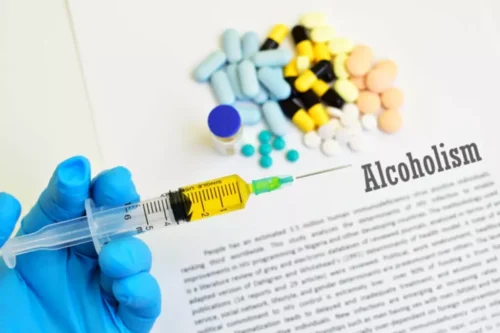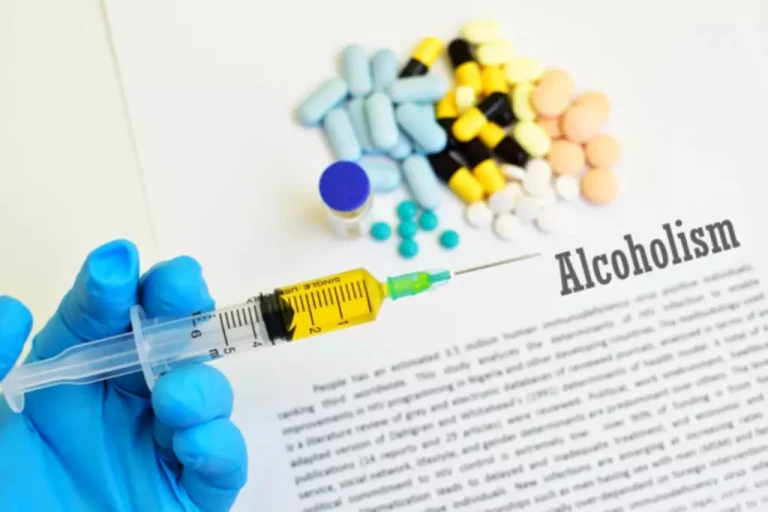Address
304 North Cardinal St.
Dorchester Center, MA 02124
Work Hours
Monday to Friday: 7AM - 7PM
Weekend: 10AM - 5PM
Address
304 North Cardinal St.
Dorchester Center, MA 02124
Work Hours
Monday to Friday: 7AM - 7PM
Weekend: 10AM - 5PM

Understanding the impact of alcohol on neurotransmitters and the reward system provides insights into why individuals with alcoholism may experience intense sugar cravings. By recognizing these underlying factors, individuals can take steps to manage their cravings and seek appropriate support and treatment to address their alcohol addiction. The reward system in the brain plays a significant role in the relationship between alcohol and sugar cravings. Neurotransmitters, such as dopamine, serotonin, and endorphins, are involved in regulating the brain’s reward pathway. Alcohol consumption stimulates the release of dopamine, creating a rewarding sensation.

While these findings are preliminary, they suggest a promising direction for future research and potential treatment strategies for AUD, including the phenomenon of sugar cravings in recovery. As always, it’s important to consult with healthcare professionals when considering new treatments or strategies for managing AUD. Overall, it’s clear that sugar cravings among recovering alcoholics can be influenced by both physical and emotional factors. Recognizing these factors and addressing them as part of a comprehensive recovery plan can increase the chances of successful recovery. Experiencing sugar cravings is common for people with substance abuse issues.
Find out why people with alcohol use disorders crave sugar and learn strategies to manage these cravings. Hence, a balanced diet is recommended as a nutritional strategy for recovery, potentially helping to reduce cravings and promote overall health. Working with a dietitian or nutritionist familiar with addiction recovery can be beneficial in this regard. They can provide practical tips and personalized meal plans to help manage sugar cravings and ensure nutritional needs are met. Understanding the reasons behind sugar cravings in recovering alcoholics is crucial.

From intense cravings to vivid dreams, learn to identify the silent struggle. From anecdotes to research findings, explore the impact of this powerful compound. Uncover the truth about chocolate’s addictive properties and the impact on your health. Addiction is a chronic disorder with stages of intoxication, withdrawal, and preoccupation. Understanding these stages helps in creating effective treatment strategies. Learn about Alcohol Awareness Month and the effects of alcohol misuse.

Weight gain is a common problem for those new to recovery from alcohol addiction, and subsequently can lead to low mood which may then trigger a relapse to alcohol. At that time the individual’s mindset can become, “when I was drinking I wasn’t eating all this food.” The alcohol numbed their depression and quieted their negative thoughts about their self-image. When exploring the reasons why recovering alcoholics often crave sugar, it’s essential to consider the physiological factors at play. These factors involve blood sugar imbalances and neurotransmitter changes in the brain. Sugar activates the brain’s reward centers, releasing dopamine and creating feelings of pleasure and satisfaction. Seeking support from healthcare professionals, counselors, or support groups can provide valuable guidance and assistance in managing sugar cravings.
Comprehending that sugar cravings are a common side effect of quitting alcohol will aid in its management. These cravings are unbeknownst to many, invading subtly with symptoms why do alcoholics crave sugar like persistent thoughts of sugary food, anxiety, restlessness, and even mood swings. Discover effective prevention strategies and evidence-based treatment options.
